Dungeon Crawlers Radio
Menu
|
By Aaron Hastings Warning: This article does contain spoilers for Captain America: Civil War Captain America: Civil War is here, and the war is on. The beloved blockbuster success is the fitting 13th entry in the Marvel Cinematic Universe, the first of the “Phase 3” films culminating in the Avengers III duology. The film met critical acclaim instantly, scoring the fifth largest box office opening of all time in North America. Critics praised its character depth, its compelling plot, and its dynamic visuals. One thing still bothered me. Before I viewed the film, I heard from others that the villain, consistent with the comic of the same name, was Iron Man. One of the most legendary comic plots of all time, Civil War provided an incredible foundation on which the film resides, and I was at peace with the idea of following the comic. After viewing the first trailer however, I wasn’t convinced, and quickly resided in the #TeamIronMan camp. I wasn’t comfortable with the line “Bucky’s my friend.” That doesn’t seem like a reasonable spark for such a catastrophic conflict, and it seemed the amicable Tony Stark was not the “one who started it.” While I feel both sides share blame, I feel that ultimately, the moral high ground belongs to Iron Man and his combat-superior side of the field. Sure, the situation wasn’t perfect, but the blame lies squarely on the film’s antagonist. The antagonist is Steve Rogers. The villain is Captain America. Did the Captain truly live long enough to see himself become the villain? I contend in the affirmative, for three distinct reasons as seen in Captain America: Civil War. 1) Captain America’s Ego With the recollection of only two viewings, I distinctly remember only two references to ego. They both applied to Tony Stark. I also distinctly remember the words “I made a mistake.” They came from Tony Stark. Tony has an ego. Iron Man 1-3 clearly demonstrate that. The difference lies in the fact that Tony understands his imperfections and acknowledges them almost constantly. He understands and sympathizes with Pepper Pots wanting a break. He understands his instincts to fight get him into trouble. He understands a tough conversation needs to be had with the United Nations and the world. Captain America understands none of these things. Steve feeds off of emotion, and his emotions distract him in tough situations, such as Crossbones’ mention of Bucky. While his fierce loyalty is admirable, he cannot keep it in check, causing him to be stubborn and ignorant. In the film, this results in a building full of innocents exploding, sparking the controversy concerning the Avengers team. While he does display some little remorse, he ultimately shuts the TV off, and insists to Wanda (Scarlet Witch) the incident was not her fault, but his. And then he moves on. Just like any other mission. Captain America instantly acts defensive and indignant when the Medal of Honor recipient Secretary of State proposes the Sokovia Accords, an ultimately flexible document, considering the UN’s ability to enforce none of its own guidelines. Though offered multiple times to attend the hearings in Vienna, if only to say his piece, Steve refuses. Showing more remorse for one woman who lived a full life than for the many Nigerian children who were killed only a few days ago, he mopes around and passively hits on his ex-girlfriend’s niece. What does all this mean? It means the Cap is a man out of time, and much of his behavior is understandable, though not excusable. He is a military man, used to autonomous command of a small elite task force. He is used to command, and doesn’t like the idea of being accountable to people like Stark, who he disdains. He is a soldier. He solves problems by beating them into submission, not by talking about it. Sure, he likes a plan of attack going in, but he ultimately jumps right in anyway. Because he can’t be beat. It’s his way or the highway. I respect for the imperfect man who tries to improve. I have less for the good man who can’t admit he was wrong. The latter has an ego problem. 2) Captain America’s Inconsistency If I had to choose before hand which side would oppose the United Nations in this film, I’d have said Team Iron Man. Funny how things change. Tony Stark is no doubt inconsistent. He is scatterbrained, complex, and too intelligent for his own good. That said, at least I know who I’m dealing with. Tony is consistently trying to improve, trying to tackle new challenges, trying to overcome his mental frustrations. There’s some consistency there, which leads to predictable behavior on some level. You don’t get that with Steve. The Captain is all over the place, and is extremely inconsistent. His character in Captain America: First Avenger and The Avengers is extremely consistent, primarily because it revolves around his power adjustment and combat capabilities. The moment we step into an atmosphere of uncertainty or distrust, the Captain flies off the handle. This is ironic, considering his hypocritical lack of trust in Tony regarding the brutal murders of Howard and Maria Stark. Even in Avengers, we saw his lack of control in the confrontation with Tony and Director Fury. He didn’t care that weapons were being made, or that Shield was in espionage. He cared that he’d been lied to, that a secret wasn’t told to him, that he had lost control and power in a situation. Until that point, he’d never lost control since gaining his powers. Being out of control is uncomfortable to the Captain, but instead of trying to reason with the situation, his moral compass goes completely wild. Consider his idea of loyalty. The idea shifts radically with the Captain. Look at his track record of loyalty: to America, to Peggy, to the Avengers, to Bucky, to the Military, to Shield, to Fury, to Coulson. The Captain makes a lot of obligations, and that is not a bad thing. What’s bad is you don’t know who he’s going to be loyal to when he gets out of bed in the morning. Who knows what’s going to affect him that day? Consider the premise of Civil War, “Bucky’s my friend.” Tony said it best: “So was I.” His loyalty changed. His loyalty to freedom and peace, his loyalty to Black Widow, his loyalty to Stark and the Avengers, his loyalty to the United States all goes out the window just because of an emotional spark that Bucky might be involved in terrorist attacks. We have no idea how he’ll react, save only that he won’t talk, but rather fight. But who will he fight? Again, there is no consistent behavior, no apparent answer with Steve. He just does whatever randomly inspired action he “feels is right.” Most people would talk about there conflict. Steve just punches his best friends at random for no real reason. Sure, the German police said “shoot on sight,” but I’m pretty sure Bucky can handle a swat team. No, this film was never about Bucky. The Civil War has everything to do with Steve Rogers. He has no control. He has a surprising lack of respect or discipline for a military veteran. His behavior is dictated by emotion, and his emotions are as random as a slot machine. nd innocent people who play the slot machine always end up losing. 3) Captain America’s Consequences We’ve already discussed Steve’s emotional state, which is about as stable as sand in a windstorm. We’ve discussed his reaction to the Nigerian incident, and his bloated ego. Lets talk consequences. Again, the natural comparison is Tony Stark, a billionaire playboy philanthropist who travels the globe as the face of Stark Industries and the Avengers. Stark deals with consequences everyday, not because he can’t hide from the spotlight, or disappear to a random compound to punch sandbags and play soldier, but because he chooses to. Tony faces his consequences head on. He talks to people whose sons were killed in New York, or Sokovia, or DC, or Iraq. He speaks in public to MIT students and reaches out to others with gifts. He actively takes flak from politicians and attends government hearings. Steve works out. Yeah, he’s training the Avengers, and he goes on missions, most of which seem to really go wrong a lot. Other than that, Stark and your tax dollars give him pizza night. And let’s not forget his awkward attraction to Peggy’s niece, Kate, aka Agent 13. Don’t let Steve’s slab of hard man-body and shy mannerisms fool you; he’s less focused on her, and more on, well, her. She’s a CIA agent with a promising career and a bright future. Captain America jeopardizes that because… Breaking into a German police facility with Bucky and Falcon is too hard? Steve doesn’t care. He gets his shield and his kiss, and then runs off with reckless abandon. He doesn’t care if she gets in trouble. He might help her out when he’s done bench pressing vibranium in Wakanda, but until then? Sorry sweetie. Hope you like evil raft prison. All Prison 42 jokes aside, I don’t think Steve’s punching his way to her anytime soon. Instead, he’ll just hang with Falcon, probably work out, maybe order a pizza; Bucky can keep the beers cold. Never mind the paralyzed combat veteran War Machine your little stunt put in physical therapy. Never mind the “evacuated” airport where billions of dollars of property got tanked. Never mind the dozens of German military and police beaten to a pulp just for doing their jobs in protecting others. Never mind the emotional train wreck caused in Black Widow, Hawk-eye, Scarlet Witch and Vision. Never mind the people whose cars you hit, possibly injuring women and children, while on the run in Germany. Never mind the people in Vienna you could have helped after the bombing had you been doing your duty. Never mind the Wakandan king who lies dead, whose son graciously extends an olive branch of peace that is clearly undeserved. Never mind the innocent men, women, and children who lie dead in Lagos because of an “emotional” mistake. Never mind the horrific destruction you seem to leave in your wake wherever you go. Others get to clean that up. Elected officials, police, fire and rescue, EMS, that’s their job. Your job is to stop a single man from dropping a vial in the most obtrusive and destructive manner possible, with no supervision and no worry. Tony Stark knows the damage. Tony works to clean the wreckage. Where are you when the dust clears Captain? No-win Scenarios
I don’t believe anyone really won in Captain America: Civil War. Maybe that was the film’s message; it certainly seemed that way. I believe the film had another message, another purpose. It’s progressing the story of Captain America, revealing more of his character. The view isn’t great. Captain America is slipping. He’s a man out of time, plagued by issues and feelings he doesn’t understand. His friends are gone, and he feels uncomfortable with his situation and lifestyle. Steve’s only home is the battlefield. He doesn’t need more friends, more loyalties, more causes, or more fights. Say what you want about Captain America, but in Civil War, he was no hero.
1 Comment
Dat Beats
6/14/2016 08:00:20 am
He went to Bucky to try to get him to surrender because he thought either Bucky was out of control and was going to kill those cops or those cops were going to Bucky. They were always going to turn themselves in. Things went pear-shaped and they ran to the freeway because Black Panther got in involved and was to kill Bucky and Bucky didn't want to die.
Reply
Leave a Reply. |
ArchivesCategories |
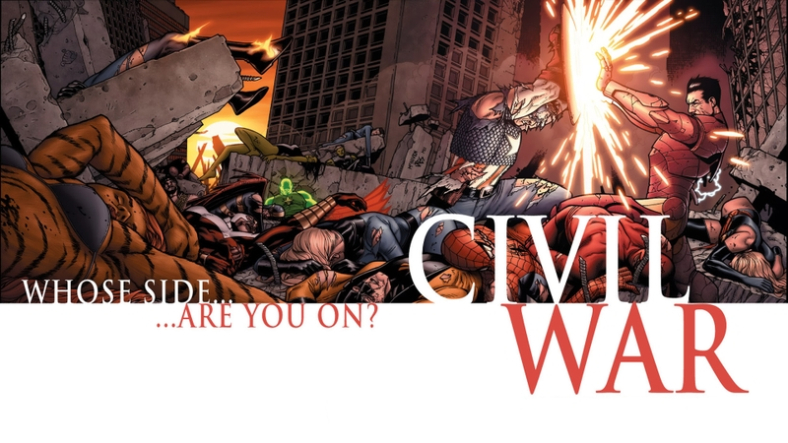
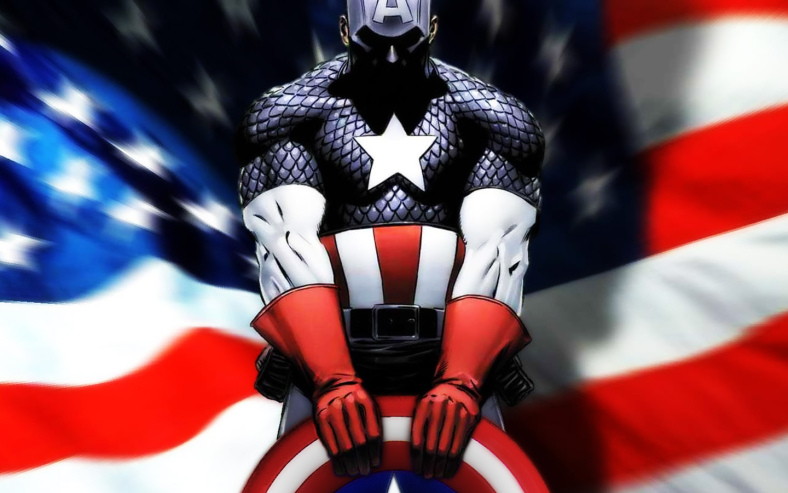
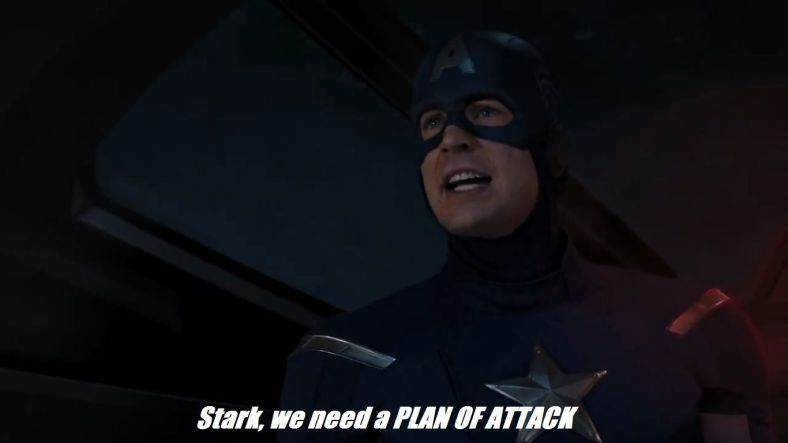
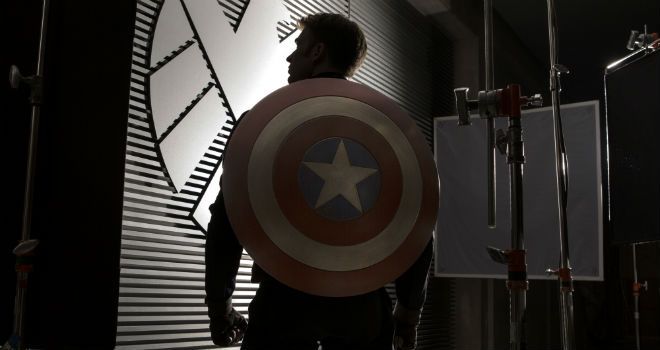
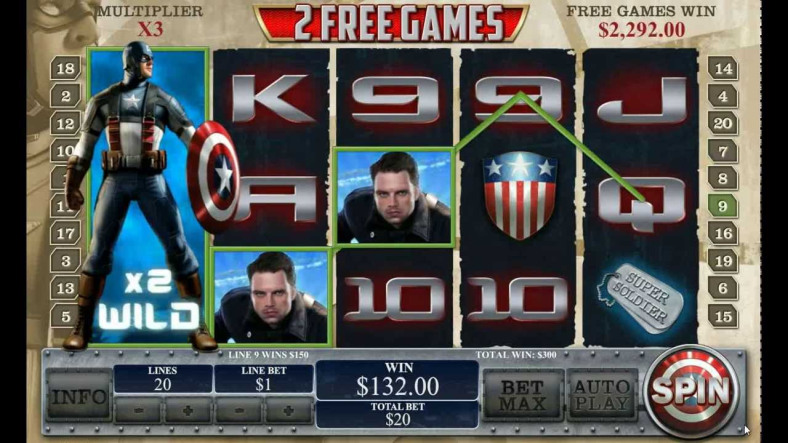
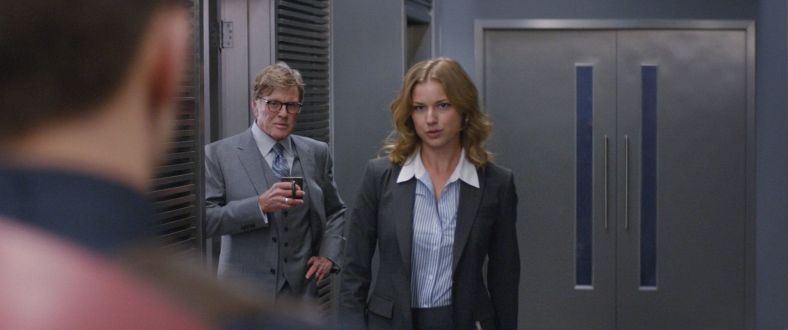
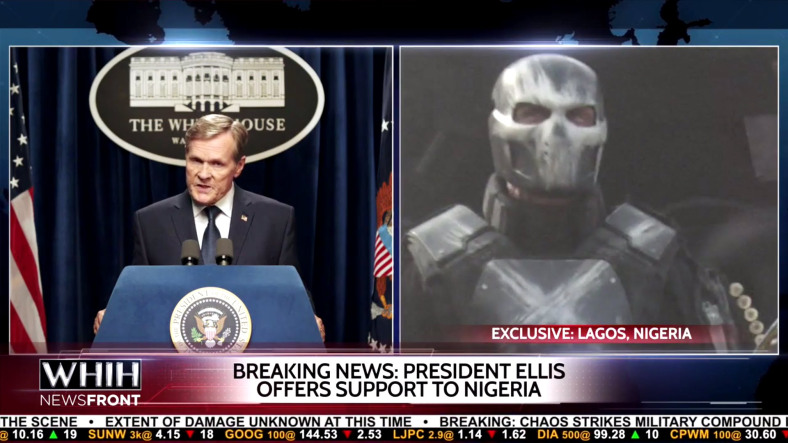
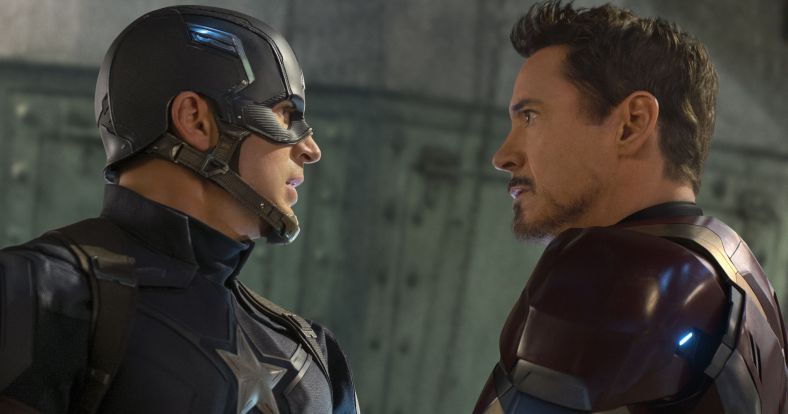
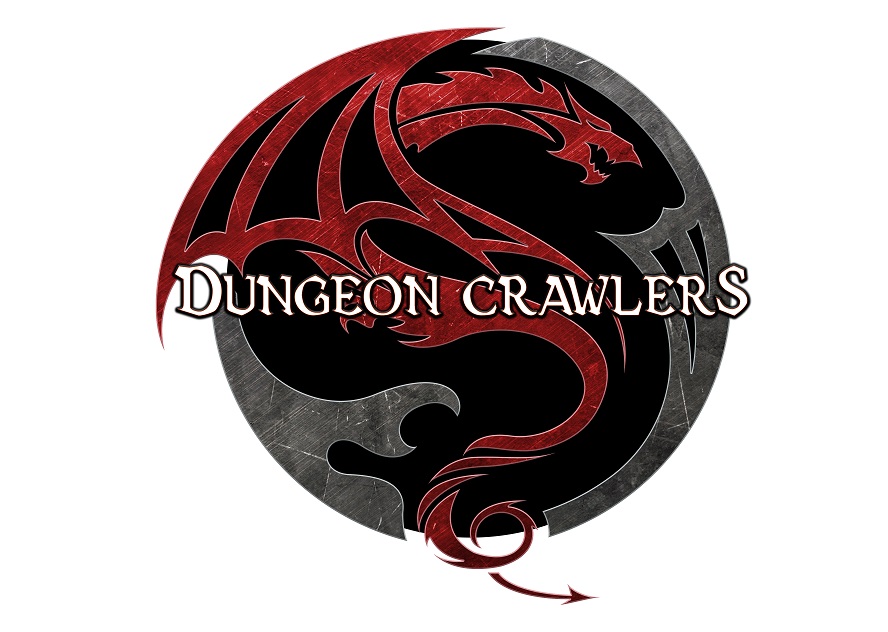
 RSS Feed
RSS Feed








